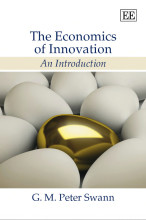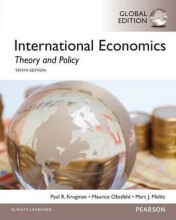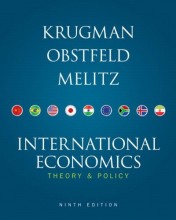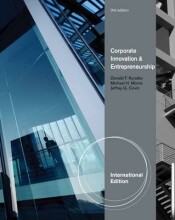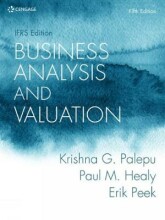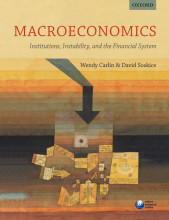Article - Fehr (fairnes prevent market clearing)
6 important questions on Article - Fehr (fairnes prevent market clearing)
There’s a positive relationship between wages and work effort. Because of this,
Efficiency wage hypothesis:
Fair wage-effort hypothesis:
- Higher grades + faster learning
- Never study anything twice
- 100% sure, 100% understanding
Suppose all agents in the two-stage experiment are money maximizers, and that this is common knowledge. Effort is costly for the workers and they cannot be punished for providing a low effort.
Is the Hypothesis accepted: the effort level increases when the wage increases (and employers are therefore willing to pay a wage greater than the market-clearing wage).
Read Fehr et al., “Does fairness prevent market clearing?” Which type of efficiency wage theory is tested in this article? Describe the experiment and the main results.
The question on the page originate from the summary of the following study material:
- A unique study and practice tool
- Never study anything twice again
- Get the grades you hope for
- 100% sure, 100% understanding




















